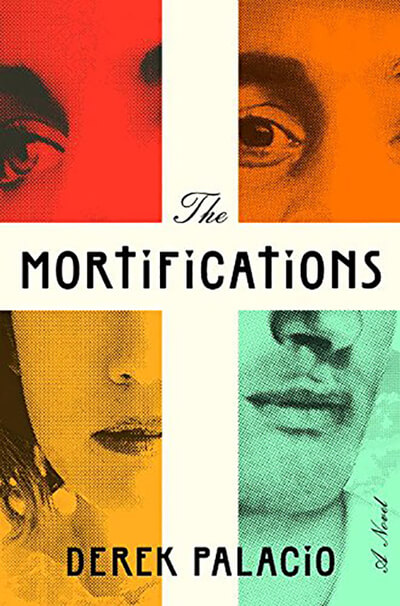The smells are the tip-off that something bad is about to happen. To use the Jamaican slang from Augustown, Kei Miller’s excellent new novel, the April 1982 day in which a calamitous event is about to occur is “the day of the autoclaps,” a day of impending disaster, trouble on top of trouble.
At first, the day doesn’t seem unusual, but the woman at the center of this novel set in the poor, eponymous Jamaican town certainly is. Ganja-smoking Ma Taffy was blinded many years earlier when hundreds of rats crashed through her ceiling and attacked her eyes. The injury heightened her sense of smell: She can detect ripening mangoes and Otaheite apples as well as the tragedy that will involve her great-nephew, 6-year-old Kaia, and a group known as Babylon.
Kaia comes home from school one day—he lives with Ma Taffy and his mother, Gina—with his dreadlocks cut off. His teacher, a stern man who struggles to comb out his afro and fears his move to the city will result in “the weakening of his moral fortitude,” hacked off the Rastafarian boy’s dreads. This act of violence sets off a series of events and recollections, including the story of Alexander Bedward, the 1920s town preacher who claimed that he could fly; and the school’s modern-day principal, a wealthy white woman who hires Gina to be her housekeeper without knowing the secret behind the black woman’s connection to her family.
If the novel’s tone is inconsistent, Augustown is nonetheless an accomplished and riveting work, with traces of magical realism. And its central theme is, sadly, all too relevant: Generations change, but prejudices persist.
This article was originally published in the June 2017 issue of BookPage. Download the entire issue for the Kindle or Nook.


















